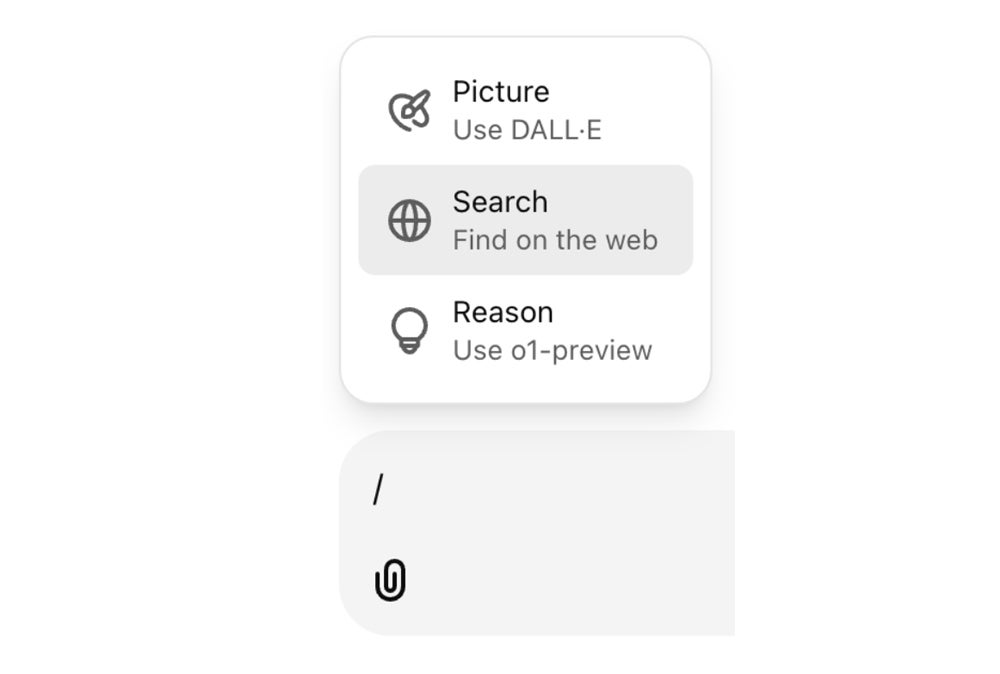
ChatGPT Plus subscribers, Teams subscribers, and SearchGPT waitlist members can use OpenAI’s generative search engine starting today, the AI giant announced on Oct. 31.
That might be a Halloween scare for Google Search, as OpenAI directly targets pulling users away from Google’s algorithm. OpenAI created a Chrome extension to set ChatGPT search as the browser’s default search engine. ChatGPT search also competes with Microsoft’s Bing Chat in the Bing search engine.
ChatGPT search will open up to enterprise and education users “in the next few weeks,” OpenAI said in a blog post. Free tier users will see the new functionality “in the coming months.”
OpenAI’s ChatGPT search is a generative AI search function that returns text written by a large language model and links to external websites. It runs on a fine-tuned version of GPT-4o in concert with some outputs from OpenAI o1-preview.
OpenAI first introduced ChatGPT search as SearchGPT in a preview in July.
Google Search ranks results based on their initiatives to put forward “people-first” content. However, the results aren’t always relevant or helpful. In the past few years, finding older content or content not intended to answer a question directly has become more difficult.
OpenAI wants to eliminate “digging through links” by using the context from the natural-sounding conversations a ChatGPT user might have with the AI.
“Go deeper with follow-up questions, and ChatGPT will consider the full context of your chat to get a better answer for you,” OpenAI wrote.
Like Google’s AI Overviews, ChatGPT search will show sources for its information in a sidebar on the right column.
ChatGPT search offers weather, stocks, and sports scores. OpenAI does not currently have plans to incorporate ads.
SEE: Google opened its AI Overviews search assistant up to more countries in late October.
OpenAI partnered with news media, including Associated Press, Reuters, The Atlantic, and Time. According to the Washington Post, ChatGPT search will direct election-related questions to well-established news sites like the Associated Press and Reuters.
Non-affiliated sites can control whether or not they appear in ChatGPT search results by allowing or disallowing OpenAI’s OAI-SearchBot in their robots.txt file.
Some newspapers, including The New York Times, have sued OpenAI for infringing on the copyright of their content. Meanwhile, other media groups see allying with OpenAI as a valuable business strategy in an era of proliferating generative AI.
“ChatGPT search promises to better highlight and attribute information from trustworthy news sources, benefiting audiences while expanding the reach of publishers like ourselves who produce premium journalism,” said Vox Media president Pam Wasserstein in OpenAI’s blog post.